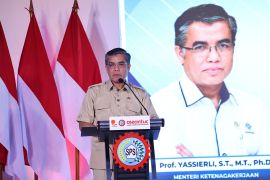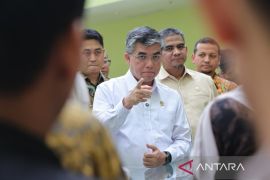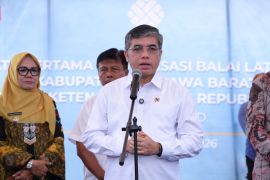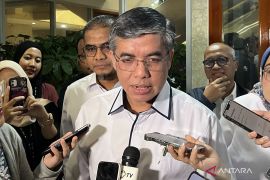In a statement here on Wednesday, he noted that the presence of the tobacco industry must provide tangible benefits to the people and the state, not only for certain parties.
"When we talk about the tobacco industry, we must consider whose interests are being served: is it for the prosperity of the nation and workers, or is it merely to benefit business players?," he remarked.
The deputy minister highlighted the large number of workers who rely on the labor-intensive sector.
According to him, the cigarette industry and the tobacco industry involve millions of workers, from farmers to factory workers. To this end, he underscored that the creation of a new regulation must not overlook those workers' well-being.
"If there are policies that cause layoffs, the workers' rights, including severance pay and social protection, must be guaranteed," he remarked.
He also proposed that a portion of the cigarette excise tax funds be allocated for creating a social protection scheme for tobacco workers affected by layoffs.
This, he said, is essential to be a long-term solution to ensure the welfare of workers and the continuity of the industry.
Speaking of industrial change, such as the emergence of electric cigarettes, the deputy minister stressed that the direction of policy must be able to protect workers in the labor-intensive sectors so that they are not sidelined by market shifts.
"The government must be present and ensure every industrial change continues to provide space to workers and farmers to develop," he emphasized.
Furthermore, Noor also underscored the importance of the synergy of various ministries and agencies in preparing a tobacco industry regulation that must take into account the economic, health, agricultural, and manpower aspects equally.
Related news: Govt to continue pursuing worker social protection: deputy minister
Related news: Indonesia govt to finalize 2026 minimum wage plan by November
Translator: Arnidhya Nur, Raka Adji
Editor: Primayanti
Copyright © ANTARA 2025












